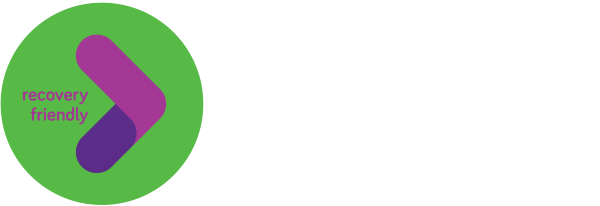Recovery is a journey that requires support and understanding from those around us. For individuals in recovery, navigating the challenges of daily life can be difficult, especially in the workplace. Fostering an environment that supports employees’ wellness and health can benefit both employees themselves and the company in which they work. Many business leaders understand the value of prioritizing employee wellness as an essential part of boosting the performance of the company because it reduces absenteeism and improves overall productivity. As for employees who are in recovery, a workplace that fosters a recovery-friendly culture can be a crucial resource.
When individuals enter recovery, they often face numerous challenges, including rebuilding relationships, finding new coping mechanisms, and adjusting to a new way of life. These challenges can be even more daunting when they return to work. Meanwhile, despite progress in recent years to reduce the stigma related to substance use, it still can lead to negative attitudes and assumptions about individuals in recovery.
Employers can take steps to reduce stigma by implementing policies and practices that support recovery, providing education and training to all employees about addiction and mental health issues, and creating a workplace culture that promotes acceptance, empathy, and understanding. This not only prioritizes employees’ health and wellness, but also helps the company build a healthier and more productive workforce. It also shows customers and community members that your business is a proactive and valued community partner.
Here are four tips for your business to foster a recovery-friendly culture in your workplace:
- Encourage open communication.
- Open communication is crucial for maintaining a positive work environment. Employers can encourage open communication by creating a safe and non-judgmental space for employees to discuss their recovery experiences. This can include implementing policies that protect employees’ confidentiality, providing access to resources such as employee assistance programs and mental health services, and training managers and colleagues to respond empathetically and supportively to those in recovery.
- Implement a wellness program.
- A wellness program can help to promote healthy behaviors and support employees’ overall well-being, which can be particularly beneficial for those in recovery. It can include a range of initiatives, such as providing access to healthy food options, offering gym memberships or exercise classes, promoting mental health resources such as counseling or therapy, and offering workshops or training sessions on topics such as stress management, mindfulness, and nutrition. It is important for employers to ensure that their wellness program is accessible and inclusive for all employees, including those in recovery. This may involve providing additional support or accommodations for those who need it, such as offering flexible work hours or providing access to addiction treatment services.
- Create a peer support system.
- Peer support can provide a valuable source of encouragement, accountability, and empathy for employees in recovery. It can take many different forms, such as support groups, mentorship programs, or buddy systems. These programs can be designed to help employees connect with others who have similar experiences and challenges, share resources and knowledge, and provide a sense of community and belonging. Employers can support the development of peer support programs by providing resources and training to employees who are interested in becoming peer support leaders or mentors.
- Become a designated Recovery Friendly Workplace.
- The Recovery Friendly Workplace (RFW) initiative offers opportunities for employers to support workplace well-being for employees. It is created to promote workplace wellness and support for individuals in recovery from substance use disorders.
To become a designated Recovery Friendly Workplace, employers must complete a training program and demonstrate their commitment to implementing specific policies and practices that support employees in recovery. Through training and technical assistance, the RFW initiative offers strategies and solutions to the health needs of employees, while supporting those in recovery from a substance use disorder.
Becoming a designated Recovery Friendly Workplace can also help to reduce stigma and promote open communication around recovery in the workplace. By publicly demonstrating their commitment to supporting employees in recovery, employers can create a culture of acceptance and support.
To learn more about becoming a designated Recovery Friendly Workplace, please visit https://recoveryfriendlymo.com/rfw-designation/

